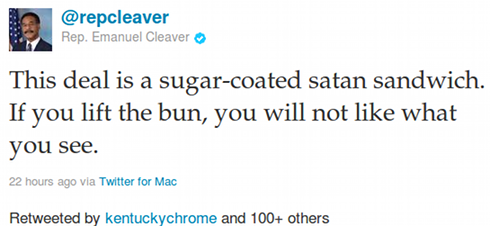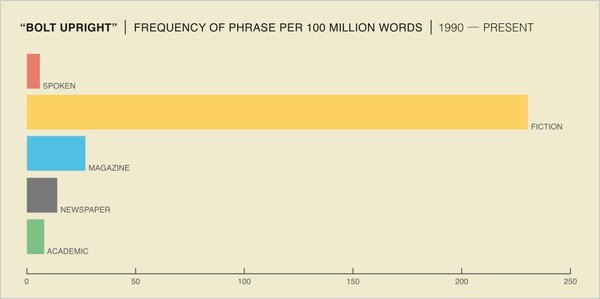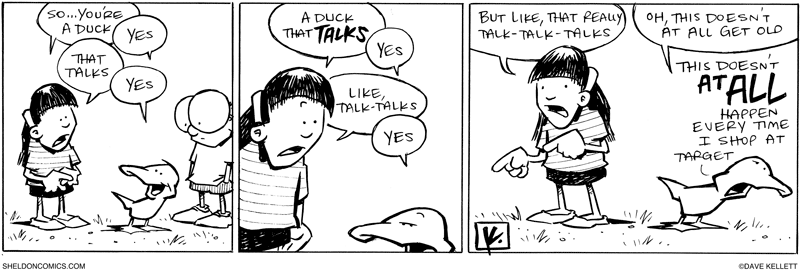News Flash: BBC Admits Error
I've pretty much given up criticizing the BBC's reporting on science and technology, since this is Language Log, not BBC-Science-Reporting-Is-Broken Log, and documenting every breathless misunderstanding or credulous reprint of a misleading public-relations handout would take more time than I have available for blogging. So for the past few years, I've examined an occasional bit of BBC-mediated neuro-nonsense, historical hooey or dialectal drivel as if it came from the Daily Mail or the Guardian or any other media outlet from which nothing better should be expected.
But today there's something new: the BBC actually announced, in public, the fact that it had been taken in by a (public-relations?) hoax masquerading as rational inquiry: "Internet Explorer story was bogus", 8/3/2011:
A story which suggested that users of Internet Explorer have a lower IQ than people who chose other browsers appears to have been an elaborate hoax.
A number of media organisations, including the BBC, reported on the research, put out by Canadian firm ApTiquant.
(That should actually be "AptiQuant", if you're keeping score at home.)
Read the rest of this entry »




